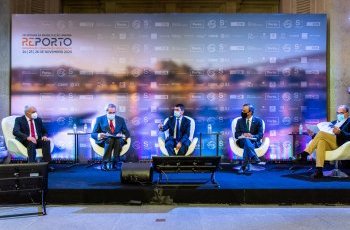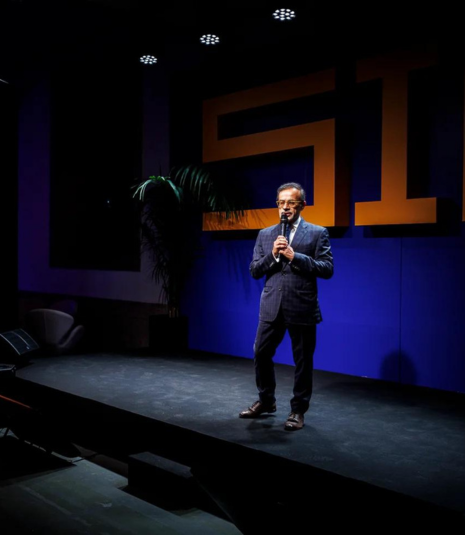Attracting talent and digital training are key to overcoming pandemic challenges

These issues were addressed in a panel held on the first day of Porto's Urban Rehabilitation Week, which discussed the European economic recovery plan to overcome the pandemic and the strategies that cities should adopt to face the future with more confidence.
"Economy, finance and the city - Where is the future?" - this was the starting point and the city councilor for Economy, Tourism and Commerce of Porto City Council, Ricardo Valente, did not fail to admit feeling "not very optimistic" about the national response to the health and economic emergency. "There was a null conversation with cities, regarding the application of European funds. It is a very centralist view, completely contradicting the logic of the funds, which is to combat a series of problems in cities, from mobility to environmental issues", stressed the councilor.
"It is a missed opportunity from the point of view of what could have been done", added Ricardo Valente, noting that the good management of the Municipality of Porto allows the city to face this difficult period in another way: "Fortunately, Porto has good accounts. In this period of expansion, Porto worked on a counter-cycle, for now, we need to put public investment to work, have the instruments to maintain public investment, and even accelerate it".
Recently, Fitch renewed confidence in Porto's public accounts, comparing them upwards with respect to the country.
In addition to good management, it is necessary that the city continues to attract people, underlined Ricardo Valente. "It is unequivocal that Porto is today, a city that is on international radars. It is no longer just a tourist destination, it is also a business destination. We continue to have companies arriving. The city is attractive from the point of view of new businesses", stressed the councilor.
"The pandemic brought remote work, and that values the places where it is good to live to work. Portugal is one of the best places in the world to live in. People have discovered it as a tourist destination, but they have to discover it as a work destination", stressed Ricardo Valente, noting however that it is essential to combat certain asymmetries: "The digital issue is very important, but in Portugal, 40% of people have no digital training. The entire digital policy must be well defined so that we are not creating a newproblem of social cohesion, digital info-exclusion", he concluded.
Ricardo Valente spoke on a panel framed in the program of the 8th Porto Urban Rehabilitation Week, which also included the participation of Ana Paula Serra (administrator of Banco de Portugal), Manuel Reis Campos (president of the Association of Industrial Construction and Public Works), Carlos Mineiro Aires (chairman of the Order of Engineers), Luís Lima (president of the Association of Real Estate Professionals and Companies of Portugal) and Fernando Freire de Sousa (economist and former president of CCDRN - Commission for the Coordination and Regional Development of North).
Organized by Vida Imobiliária and Promevi, the Urban Rehabilitation Week, which this year takes place in an online format, has the support of Porto City Council and also the vast support of the business, institutional and civil society sectors.




